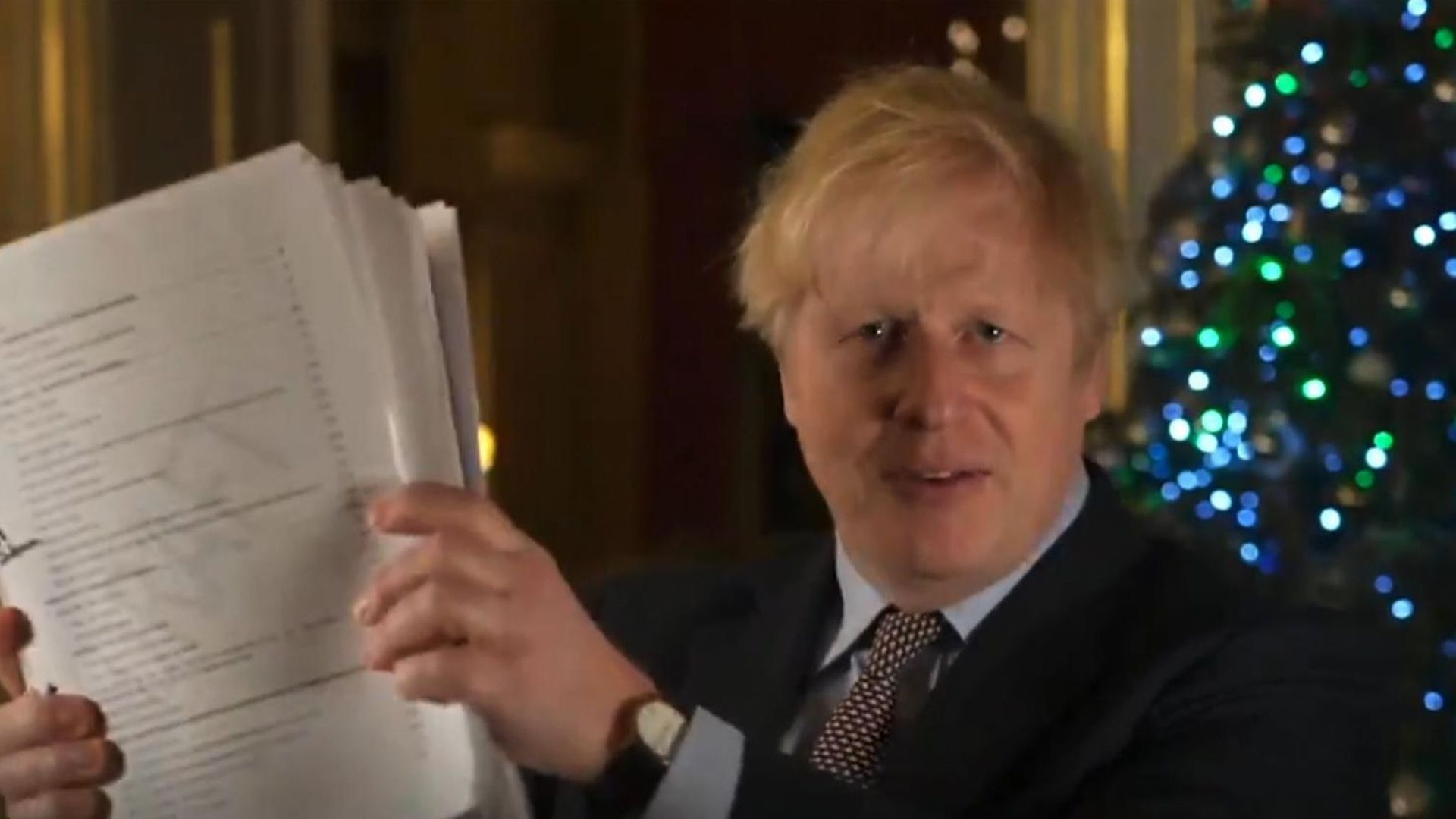
Ed Davey on why he is rejecting Boris Johnson’s Brexit deal – and why his Liberal Democrat colleagues will join him in doing so.
In a week when the Prime Minister interrupted the holidays to finally announce the long overdue terms of the UK’s future relationship with the EU, you would think he would be celebrating. The lack of fanfare from Downing Street – and governments across the world – speaks volumes.
For British businesses, barely keeping going in the pandemic, this botched, threadbare deal threatens to push many over the edge. With jobs already being lost as a result of Covid, new trade barriers are the last thing business needs.
Liberal Democrats are a proud pro-European party, who fought Brexit hard. So I guess you’d expect me to say that.
But given the UK has already left the EU, we have been careful not to replay the three year battle of the referendum through to last year’s election, as we considered this deal. Instead, we asked our own panel of expert business people and economists to pour over this deal over Christmas, to try to assess whether it is a sensible basis for Britain’s future relationship with the European Union.
Their conclusion is damning.
New non-tariff barriers will be at the heart of Britain’s new trading relationship with Europe. New forms. New certifications. New checks. At least 23 new committees will form part of a new trade bureaucracy. And an estimated 50,000 customs officials. With 400 million new forms.
The precise cost of this bureaucracy to business will vary depending on the sector – but the lowest estimate is around £7 billion, though some believe it will be well over £20 billion a year. Some say the cost will be equivalent of a tariff of around 8%.
To put those costs in context, when I was a Business Minister, I worked hard to cut red tape – as part of the Red Tape Challenge. For, back then, the Conservatives too were keen on cutting red tape. And after years of huge effort, red tape was cut – but the most optimistic estimate put the saving against £2.2 billion a year.
So it’s crystal clear – this deal sees the biggest increase in red tape in British history, just as business is trying to recover from the deepest recession for 300 years.
But it’s far worse. There’s virtually nothing for Britain’s services sector – over 80% of our economy, where we have a trade surplus with the EU, where we have a comparative advantage. No mutual recognition of professional qualifications. No passporting rights or “equivalence” provision for the UK’s financial services. Instead the deal focuses on manufacturing, largely to the benefit of the EU.
And it’s worse. The stability and predictability investors and businesses crave when it comes to trade arrangements, regulations and tariffs are thrown up into the air, with a series of clauses and reviews, which could see a never-ending chain of trade disputes and retaliatory tariffs.
Of course, it’s better than no deal, but should our great country really face a choice between a catastrophic No Deal and a disastrously bad deal?
Given how late things have been left, given how complex this all is, and given many businesses, especially small businesses, still haven’t had all the answers they need, we had at least expected there to be express provision for some sort of adjustment period. Indeed, in our efforts to be constructive, we even made specific proposals for helping to ease the implementation of any deal.
Yet there’s no adjustment period.
One’s left thinking, is it incompetence? Or just an inability to take tough decisions in the national interest, for fear that might annoy Conservative backbenchers?
Whatever the answer, it’s just not good enough for Britain, even if there was no pandemic. Given the pandemic, this may well prove to be the most irresponsible peacetime act of any British Government.
Liberal Democrats want our country to move on. To come together to defeat Covid. To build an economic recovery that tackles climate change and the social injustices laid bare during the lockdowns of 2020.
Yet this deal doesn’t move us on – it moves us backwards. Indeed, in agreeing to a deal that is so fragile and unstable, the Prime Minister has failed even to establish a new lasting relationship with our European friends. Perhaps deliberately so.
So of course Liberal Democrats will vote against this deal.
Ed Davey is the leader of the Liberal Democrats








